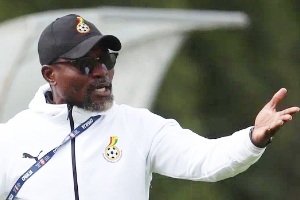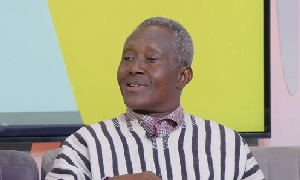Former Minister for Power, Prof Chinedu Nebo has blamed the world body for embarking on panic measures at the wake of the Coronavirus pandemic, instead of using a scientific approach to tackle the disease at its very beginning.
He said that the panic measures such as the lockdown created a dislike for the universe, even when nobody was sure of how many people had the disease or those who had antibodies against the disease.
Nebo, therefore, said that if people could still maintain social distancing, among other control measures, it would be good to ease up the lockdowns, particularly in Nigeria where most people depend on daily bread to survive.
Nebo who was also former Vice-Chancellor of two federal universities, made the remarks, Tuesday, when he handover quantities of Personal Protective Equipment, PPE, donated by a Non-Governmental Organization, Arms of Care International to Enugu State University Teaching Hospital, Parklane.
He stated that the governments easing of lockdown would be a good idea if people are keeping to the social distancing, and do all they need to do; particularly if they would be controlled to some extent so that people don’t think that the disease was already gone.
Nebo said: “I think it (lockdown ease) is okay because many people cannot even feed unless they get money from whatever business they are doing on a daily basis. So I think its ok, but, I do think that internationally and globally, I am not a medical scientist neither Am I a Microbiologist, but I do think that a grave mistake was made. One thing the government of the world should have done is to test people and ensure how many people have anti-bodies for Coronavirus.
“From that number, they would have known that the prevalence of Covid-19 is so many times the number of the confirmed cases; and know that the death rate as now being configured by scientists is less than one per cent. The actual death rate is much less than one per cent. So it’s more like influenza or things like that.
“If everybody were actually exposed to get, it’s very unlikely that we will lose more than one person in one thousand who get it. But unfortunately, politically, everybody was cowed and all of us were driven to our bunkers and bedrooms and the whole world became such a scaring place to leave in.
“I would say that right now, some scientists are waking up to the fact that measures that were originally taken were panic measures and were not scientifically based. They were more politically based than scientifically based.
“So, if we do the right things, protect ourselves as we would from ordinary flu, from influenza and things like that, and make sure that those who are affected are treated, if they know, because about 80 per cent of people who contract it doesn’t even know they have it; but they have antibodies showing they have come in contact with the disease.
“So I do hope that eventually, science will tell us what to do. Right now, everybody is operating in panic mode and that is not the best thing for the economy of the world today.”
He said that the donor organization, Arms of Care International, which he associates with, decided to send some relief in the form of Personal Protection Equipment to one of the good hospitals in Nigeria and after consultation; the decision was to send it to ESUT Teaching Hospital Enugu.
He noted that the ESUT Teaching Hospital has been doing very well with most of the very difficult cases that come up, with dedication and commitment of the workers, which made the donor choose the hospital as beneficiary.
“Arms of Care International is based in Atlanta Georgia, USA. They do a lot of medical missions in West Africa, Africa but more specifically in Nigeria. We are happy that the teaching hospital here is getting some relief when some of this equipment are very difficult to come by in many parts of the world now,” Nebo said.
Africa News of Tuesday, 5 May 2020
Source: vanguardngr.com

















